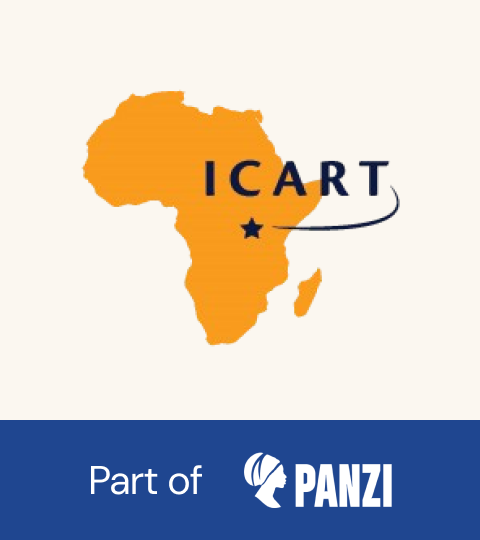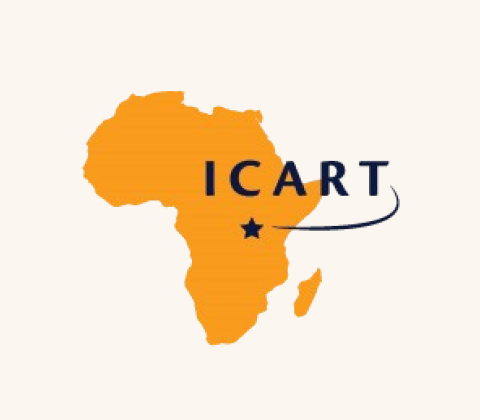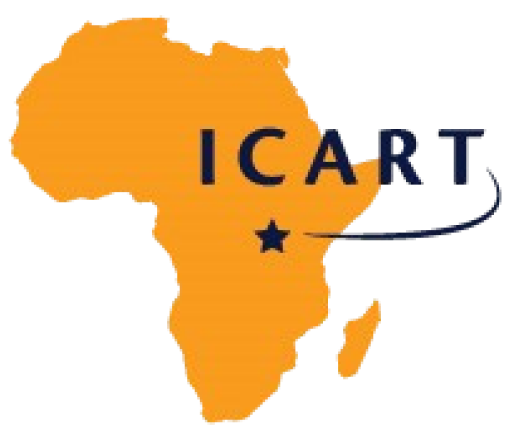Renforcer l'expertise pour le changement social par la formation
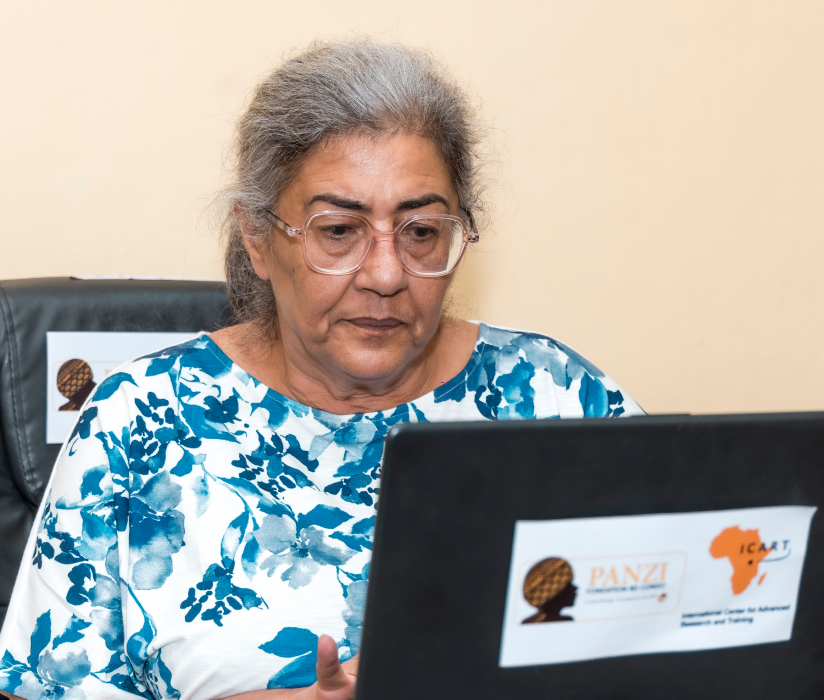
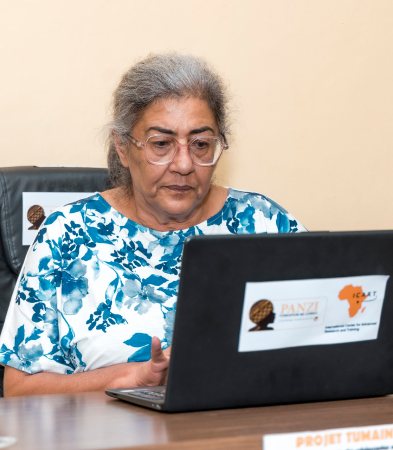
L'engagement de l'ICART à former de futurs experts en matière de santé et de droits sexuels et reproductifs
L'ICART se consacre à la formation et à l'autonomisation des jeunes chercheurs, en améliorant leurs compétences méthodologiques pour soutenir la recherche dans des domaines clés de la santé et des droits sexuels et reproductifs (SRHR), y compris l'aide aux survivants de la violence sexuelle et sexiste (SGBV). Grâce à des programmes spécialisés dans les méthodes de recherche, l'éthique, le traitement des données et la communication scientifique, l'ICART constitue une équipe multidisciplinaire compétente, prête à s'attaquer à des problèmes locaux d'importance mondiale.
La formation de l'ICART comprend des activités qui contribuent à la constitution d'une équipe multidisciplinaire qualifiée qui favorise les pratiques fondées sur des données probantes et le changement de politique, soutenant la mission de l'ICART et ayant un impact à l'échelle locale, nationale et internationale. Les diplômés des programmes de formation de l'ICART acquièrent des compétences leur permettant d'analyser des questions locales complexes, de formuler des recommandations fondées sur des données probantes et d'élaborer des politiques qui soutiennent le bien-être des communautés.
Ce que couvre notre programme de formation
Fondements de la recherche
Les cours couvrent l'éthique de la recherche, la recherche sur des sujets humains, la gestion des données et la communication scientifique, préparant les chercheurs à collecter, analyser et partager des résultats critiques de manière efficace.
Leadership et développement des compétences
La formation soutient le développement de futurs leaders de la recherche et garantit que les participants acquièrent l'expertise nécessaire pour faire progresser la santé et les droits sexuels et génésiques dans le cadre de pratiques fondées sur des données probantes.
Formation continue et pédagogie
Axé à la fois sur les besoins immédiats en matière de recherche et sur le renforcement des compétences à long terme, l'ICART propose une formation continue adaptée aux besoins de son équipe et de ses bénéficiaires.
La vision de l'ICART est claire : former de futurs leaders dans le domaine de la recherche, capables de relever des défis locaux grâce à des connaissances qui trouvent un écho à l'échelle mondiale.
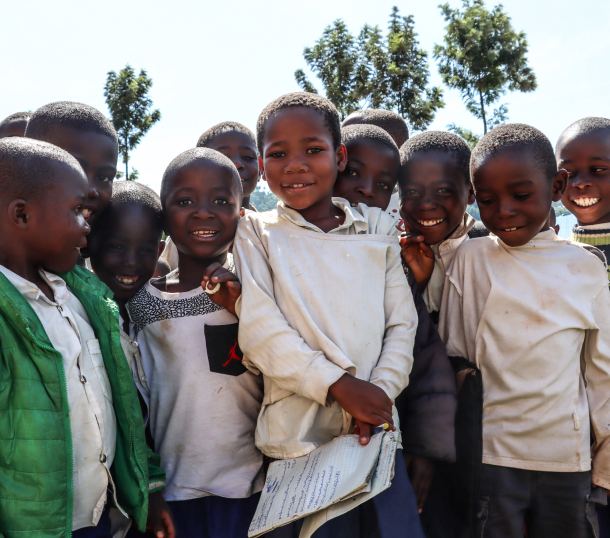
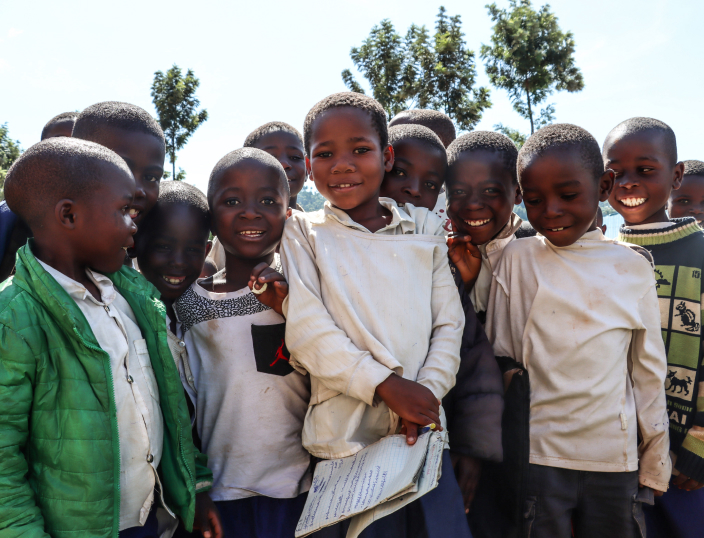
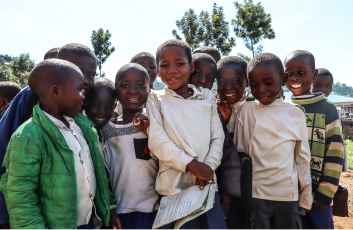
Soutenir la recherche qui transforme la vie des victimes de conflits
En cours de construction
Bientôt en 2025
Cette page est actuellement en construction et sera lancée en 2025. Nous vous remercions de votre patience et vous invitons à revenir pour les mises à jour.
